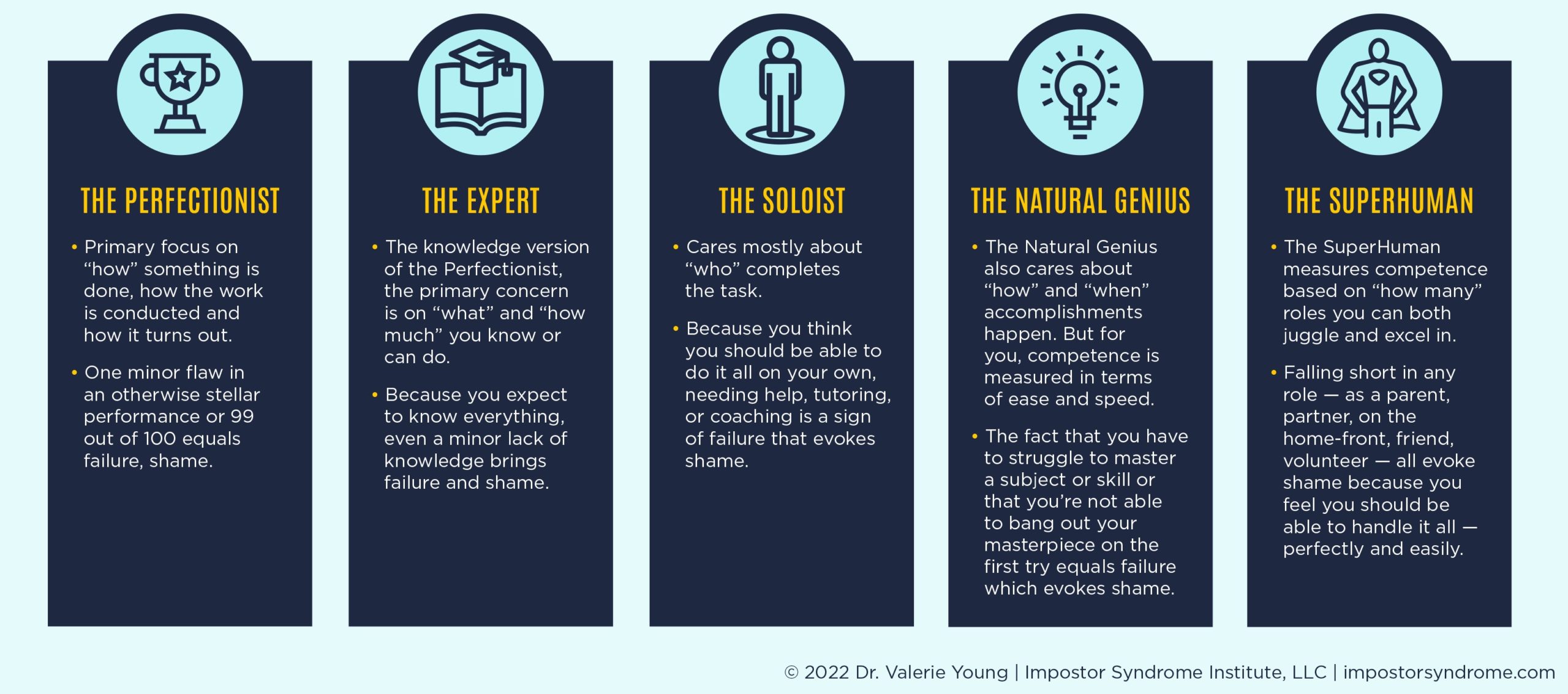Maya Angelou.
Tom Hanks.
Awkwafina.
Sonia Sotomayor.
Serena Williams.
What do all these celebrities have in common? At first glance, you may think not much except being famous.
But they have all suffered from impostor syndrome. In other words, these celebrities have feelings of inadequacy that persist despite evident success (Harvard Business Review).
At some point, everyone, even celebrities, will feel they don’t measure up. Maya Angelou said, “I have written 11 books, but each time I think, ‘uh oh, they’re going to find out now. I’ve run a game on everybody, and they’re going to find me out.’”
As part of DIBS Week (Diversity, Inclusion, and Belonging at Silverline), I shared my own story about dealing with impostor syndrome. The response from my colleagues was overwhelmingly positive, and I felt it was important to share my story with others so that you too, would know that you’re not alone.
What is impostor syndrome?
The word ‘impostor’ may take you back to one of those classic spy movies where the impostor is unmasked to the audience’s surprise. Impostor has been part of our vocabulary for a long time but was first used in reference to a syndrome in 1970. The original study on “Impostor Phenomenon” by The American Psychological Association defined it as an internal experience of intellectual phoniness.
I like the more relatable definition by Dr. Susan Albers, PsyD, that says, “It’s the feeling that everyone else knows exactly what they’re doing, but you feel lost.”
People from all demographics can suffer from impostor syndrome, and it is estimated that seven in 10 adults will experience it at some time in their life. Women suffer more than men, and women of color suffer the most. A KPMG study found that 75% of women executives across industries have experienced impostor syndrome in their careers.
People dealing with impostor syndrome tend to fall into these types. Maybe you identify with one or more of these types and have experienced the symptoms during your career.
- The Perfectionist: Everything must be perfect, and any error is seen as an indication of being an impostor or phony. They may not want help or have feelings of being overwhelmed.
- The Expert: They must know everything about whatever field they are in, down to the last detail. This leads to being overwhelmed, stressed, and anxious.
- The Soloist: They see help from others as a weakness and will work alone no matter how difficult. They are self-isolating and not willing to open up and just be themselves.
- The Natural Genius: Their learning curve on all new subjects must be very short and quick. They downplay their accomplishments and are uncomfortable with accolades or acknowledgment of achievements.
- The Superhuman: They pride themselves on being able to juggle multiple complex roles with ease, and any drop or misstep means they are an impostor. They are always overworking and don’t allow people into their inner circle at work for fear of being exposed.
My story of dealing with impostor syndrome
I started at Silverline on Valentine’s Day of this year on the Financial Services team. I identify as a Black woman, and my first inkling of impostor syndrome started when I didn’t see many other consultants who looked like me in my first few weeks. I felt like maybe Silverline only hired me because it needed people of color, and I was just a box to be checked. This is a common narrative when you’re a minority, such as sensing the only reason you got that scholarship or got into a school was to fill a quota. I soon realized however, that I am not alone here. Not only are there other professionals of color at Silverline, but there are some in leadership positions as well.
Prior to Silverline, I worked for 20 years at Blue Cross Blue Shield of Michigan. In my previous position, I was on the client side of the business, which meant I received a salary. At Silverline, I am in a new field and on the consulting side, which means I log billable hours. So, on top of my diversity challenges, I was also dealing with impostor syndrome from my new role. I struggled with adapting to the billable hours and didn’t fully understand the ins and outs of the back end of Salesforce.
My impostor type is “The Expert,” and I thought I should have known everything when I arrived at Silverline, and once they found out that I’m an impostor, they’d fire me. This led to anxiety, depression, and overcompensating with more time and effort to get the job done.
I spoke about my struggles with my three daughters, and each one separately said that I was dealing with impostor syndrome. They all said that it was normal to feel this way by coming off 20 years at one company and then switching to a new environment, a new role, and new people. Speaking with my daughters helped me understand why I was feeling the way that I did. I had never heard of the term impostor syndrome before, but now I finally had a name for what I was dealing with.
Tools to help overcome impostor syndrome
My Silverline manager is terrific to work with, but I was afraid to ask her for help because I didn’t want her to second-guess her decision to hire me. So, I sought out tools for how to handle my impostor syndrome. Here are some that worked for me:
- Self-acknowledge your accomplishments and achievements, and don’t compare what you did to anyone else.
- Be accepting of compliments from others and just say ‘thank you’ rather than downplaying your response.
- Begin writing in a journal about how you are feeling. This can make your feelings more “real” and not just “in your head.”
- Talk with someone you can identify with or someone you are comfortable with expressing your feelings.
I think one of my best pieces of advice is to let go of being perfect and accept mistakes as being human. My previous employer had a director who helped me learn this important lesson. I had input some wrong information into the system, and before I changed it, it was caught by a few customers. I didn’t mention this mistake to my director, but it came up in a meeting he attended.
My director wasn’t mad at me for making a mistake – because we all make mistakes – he was upset that I didn’t tell him about it so that he could defend and be an ally for me. He said he didn’t need me to be perfect, he hired me to do a job and that making mistakes is okay.
Like my former director, if you see someone who may be experiencing impostor syndrome, then there are ways that you can be an ally to them. Pay attention to a change in the person’s attitude or behavior, especially if they are new to your company. See if you can get them to open up and then acknowledge and validate their feelings. Talk with them about your experience with an uncomfortable situation and how you overcame it, or pair them with someone from the same demographic that can help them feel like they are not “the only one.”
Moving forward as my authentic self
My story ended happily because I finally spoke with my manager about how I felt. She told me that I was hired for my skill set, and she didn’t expect me to know everything about the position on Day 1. Her only expectations were that I show up and present my best self and that she and my team would be there to help me work through any obstacles. I now believe it’s okay to be myself, especially here at Silverline, and that’s one of the reasons I am so happy with my decision to join this fantastic company. Check out our open positions and apply to join our team.





